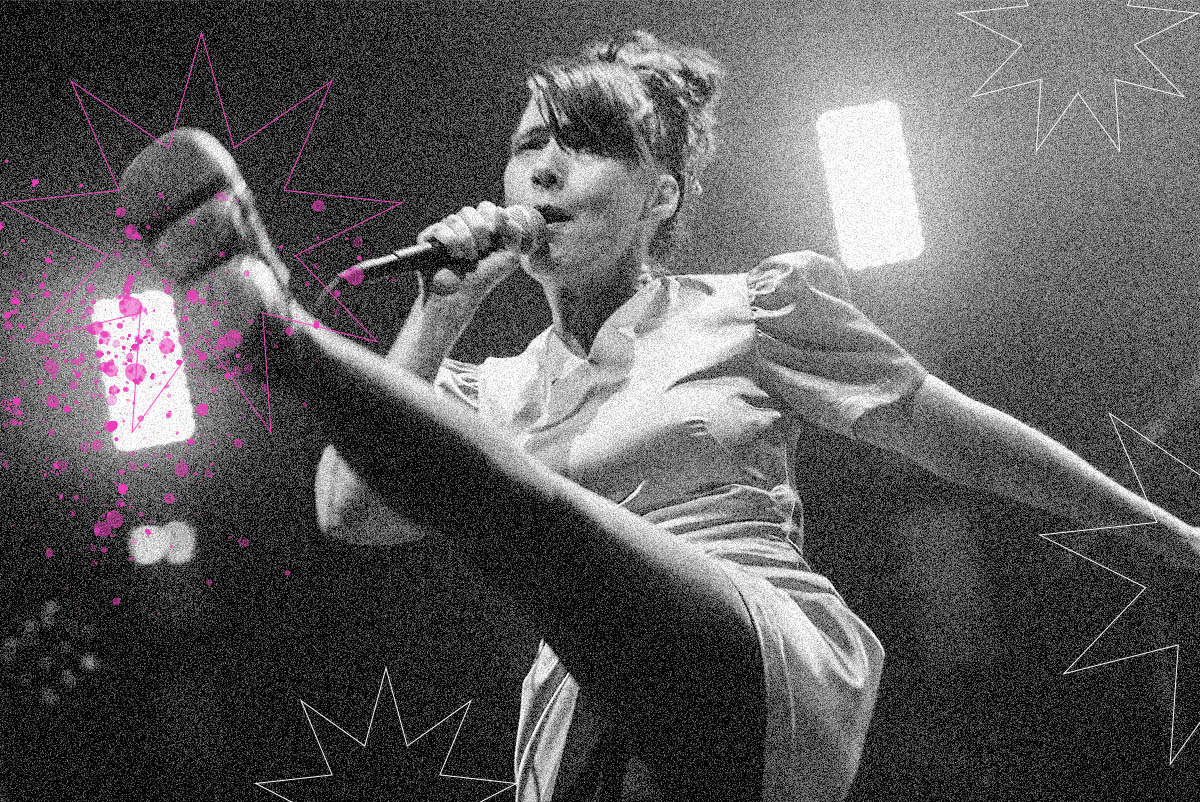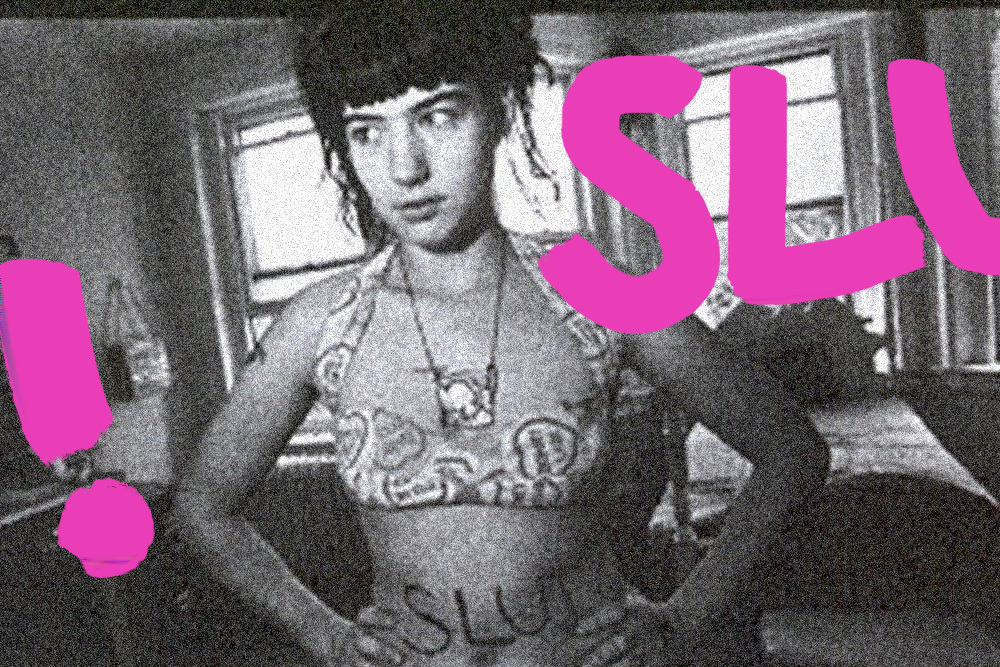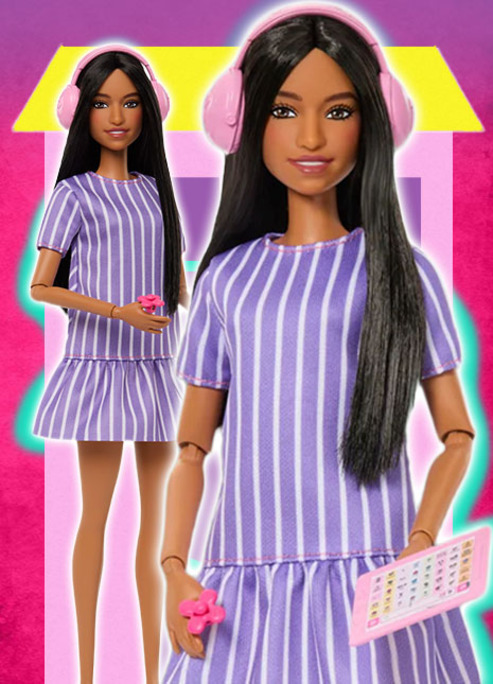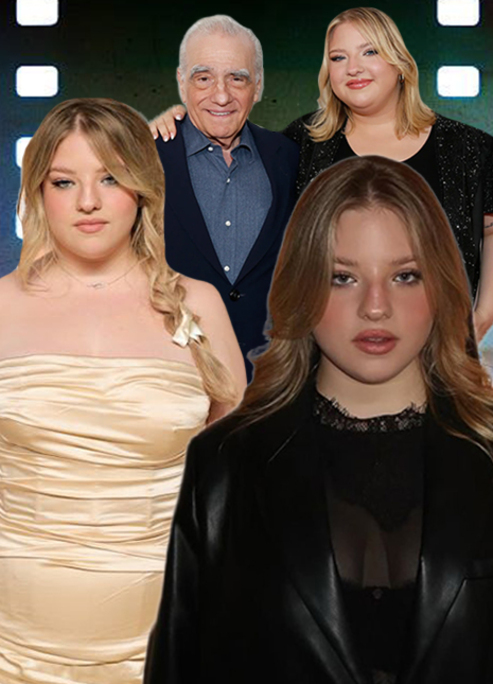
30 Years on and Riot Grrrl is Still Relevant
The 90s feminist punk movement that has influenced girls across the world.
“I’m the woman I was taught to always be hungry // Yeah women are well acquainted with thirst.”
The lines of Bikini Kill’s song Feels Blind, easily resonate with today’s landscape. The song that was released in 1991, is scarily applicable to what women have been and still are fighting for.
The band Bikini Kill were pioneers of Riot Grrrl, a feminist punk movement originating in Olympia Washington in the early 1990s. Riot Grrrl combined punk music, feminism and politics and was a key factor within third-wave feminism. Built upon a DIY ethos, they created handmade zines bursting with activism on issues like rape, domestic abuse, sexuality, patriarchy and classism.
I found Riot Grrrl when I was sixteen years old, and the majority of the feminist ideals that I hold today have been crafted through these bands. Bikini Kill, Bratmobile and Sleater-Kinney are all groups that taught me that my anger was justified.
Over the past couple of weeks, I have found myself excruciatingly enraged. The murder of Sarah Everard, the interview of Meghan Markle, the eight women shot in Atlanta. All happening in the span of a few weeks yet can emphasize the issues that women are subjected to. Reflecting on what has happened, I was reminded of Riot Grrrl and what I learned from their anger, passion and drive to cause change.
Riot Grrrl called for chaos, for women to stand up and shout their anger. Images of Kathleen Hanna (lead singer of Bikini Kill) dominating a stage with ‘slut’ sprawled across her stomach, taking back the derogatory word, that to this day is carelessly tossed around. It did not matter what she looked like or what she wore, it was what she was saying that was captivating. Screaming lyrics like “You’ve got no reason not to fight… ‘fore you can stand up for your rights.” Calling for women to confront the injustices that they face in their everyday lives.

One of the most poignant parts of the Riot Grrrl movement was the call for women to the front of gigs. Bikini Kill’s concerts were a safe haven for women, especially when grunge was becoming the mainstream and was often not a safe space. Archived footage clearly shows Hanna ushering women forward, demanding men move back. This was a safety precaution for Hanna. But also, was a point of solidarity, a physical metaphor of allowing women to the foreground of the conversation.
The effects of Riot Grrrl are evident today in the enthusiasm for activism and the bond that women have for one another. But the issues that the movement were fighting for thirty years ago are still prevalent today. With the latest figures by UN Women UK stating that 97% of women in the United Kingdom have experienced sexual harassment, it leads to the question what more do we need to do?
But it is not us that need to change, we are the ones fighting for awareness for the injustices that have become normalized. It is those who do not believe us, who say we are ‘asking for it’, who need to change. The Riot Grrrl movement brought these issues to the forefront and through music, vocalized our pain. The anger those women had back in the 1990s seems so familiar, and like them we can use our voices to cause beautiful anarchy
Up Next, Uprise In Asian American Hate Crimes Nationwide And What You Can Do To Help











